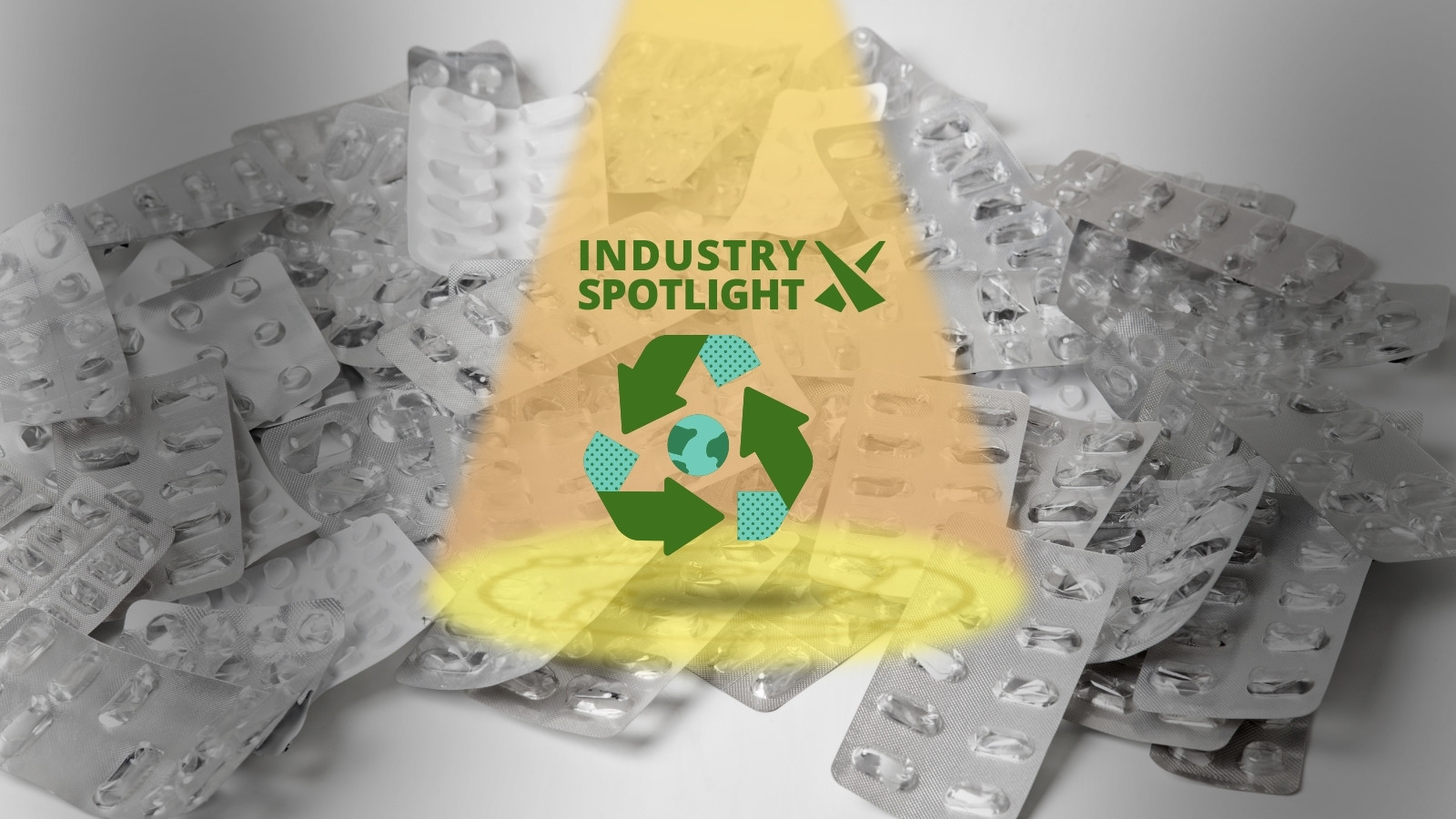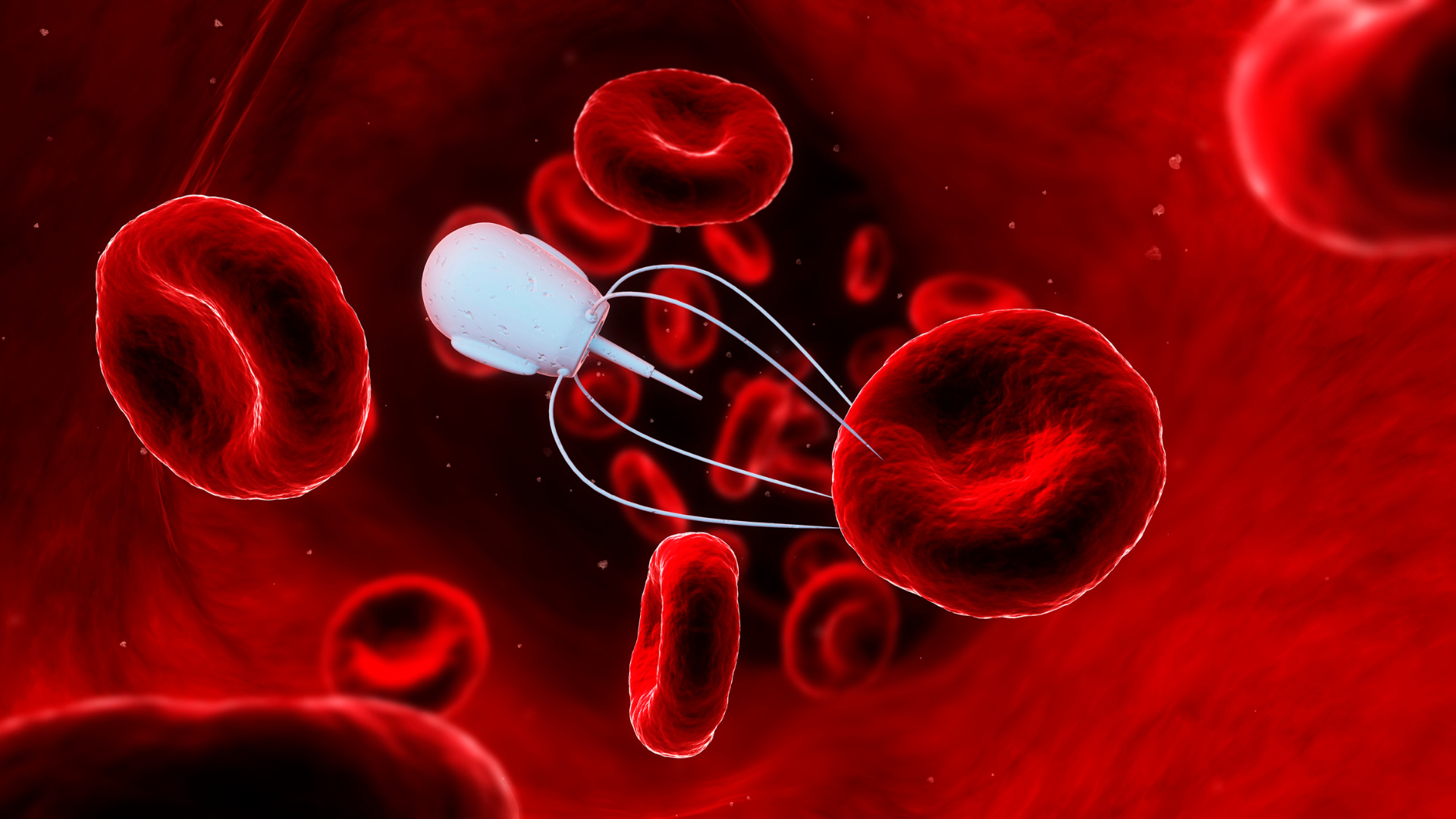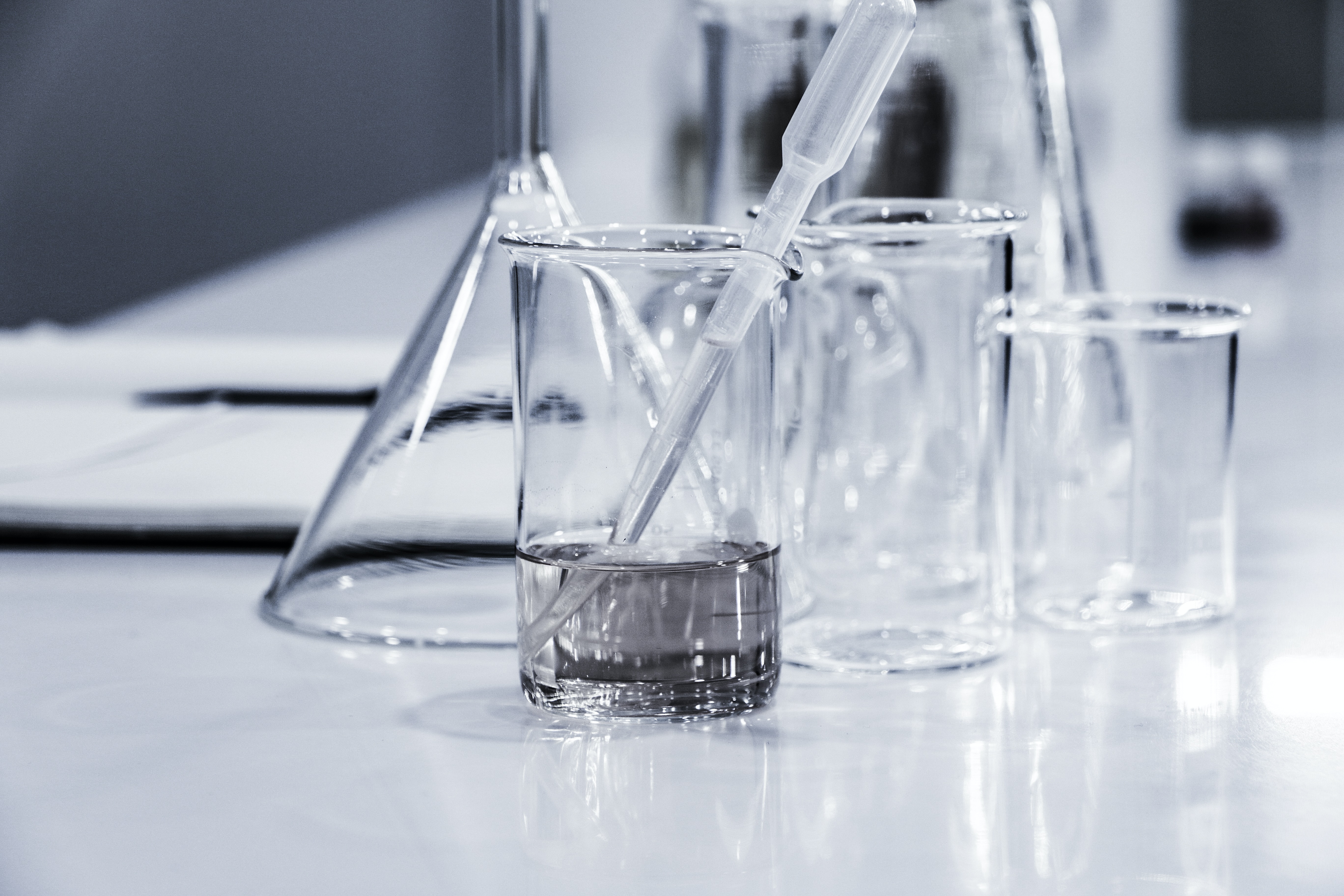Toward Sustainable Packaging Solutions for Drug Manufacturers

The sheer amount of medicine that is produced every year (4.5 trillion medicines!) goes to show the triumph of large-scale drug manufacturing in the modern world. However, with all this medicine comes a lot of packaging, and therefore a lot of waste. Which is why many producers of pharmaceuticals are looking to implementing more sustainable solutions to the packaging of drugs.
A specific issue in minimising the amount of packaging that is needed for tablets, vials, and devices is the tightly controlled nature of the pharmaceutical industry. Although more sustainable pharmaceutical packaging are a worthy and desirable goal, the path needs to be trodden carefully, as if pharmaceuticals are not adequately packaged and stored, the consequence could be disastrous.
In this industry spotlight, we take a look at ways in which sustainable packaging solutions have been proposed and implemented within the industry, and the challenges that they face in doing so.
MORE ON SUSTAINABLE PHARMA:
- The Power of Collaboration: How The Sustainable Healthcare Coalition Measures the Impact of Sustainable Healthcare
- Sustainable Medicines Partnership: A Pan Stakeholder Action Collaborative
- Sustainable Drug Formulation: Paving the Path for Greener Pharmaceutical Future
Digital Medicines Information
A leaflet that conveys essential information to the patient is included with every packet of medicine. This includes critical information about the drug, like dosage, side effects, and warnings. Although these leaflets are small, their number has a significant impact on the planet. Over 100 billion paper leaflets are produced every year, requiring 9 million trees-worth of paper. Furthermore, having this information on a physical leaflet increases the bulk and weight of the packaging, which in turn increases requirements for their transportation.
Therefore, there has been significant interest in digitising medicines information. For example, rather than having a paper leaflet, a box could include a QR code that directs the patient to online medicines information. This year, the European Commission proposed changing the regulatory framework around pharmaceutical products to allow digitised options, leaving the decision up to individual countries. The proposal, made on 26 April, stated “member states may decide that the package leaflet shall be made available in paper format or electronically, or both“.
One issue with the electronic approach is the risk of leaving some patients behind. Eurostat has reported that, as of 2021, only 54% of Europeans have at least a basic level of digital literacy. Many argue that medicines information is just too important to take chances with communication, and therefore access needs to be as simple as possible.
Here, thoughtful implementation is key. Solutions could include a slow phase-out of paper leaflets, and patients opting-in to digital only information. This may be the case with legislators and regulators already. The European proposal, rather than committing to a full-scale switch straight away, would simply remove the mandate on physical leaflets for individual member states.
Ditching Single Use Plastics?
In the quest for sustainable pharmaceutical packaging, another concern for manufacturers is the amount of single use plastic used in the packaging of medicines. 100 thousand tonnes of plastic are produced to be used in pharmaceutical packaging every year, most of which contributes to making blister packs. About 30% of blister pack plastics could be changed to more sustainable solutions, but the remaining 70% will still require complex composite packaging.
Pharmaceutical blister packs are mostly made from polyvinyl chloride (PVC), which is made by burning fossil fuels and is not widely recycled when mixed into composite packaging. Despite this, PVC is a great fit for medicine packaging due to its durability, versatility, heat-stability, and cost efficiency. Furthermore, from a regulatory perspective, it would not be easy to simply ‘switch out’ PVC for a more sustainable solution. Such a change would be dependent on stringent safety requirements that alternatives just haven't been able to pass yet.
Therefore, most in the industry focus on improving recyclability of these single use plastics. One such process that has been floated to help reduce waste plastic is chemical recycling, which breaks down plastics into their molecular building blocks so that they can be repolymerised and used again. This process, which is already seeing some use in the food packaging world, would effectively make drug blister packs circular, eliminating the need for new materials to be made.
There are however regulatory, practical, and logistical hurdles that need to be leaped before this technology has widespread use in the industry. For example, regulators place restrictions on the types of plastics that can be used in medicines packaging, and recycled plastics are not currently favoured.
More research and campaigning are therefore necessary to come up with a sustainable solution to the single use packaging problem in medicine. The Sustainable Medicines Partnership (SMP) is one such group that is active in this space. They fund and collaborate with pharma companies toward the goal of making the industry more eco-friendly. Along with this, they champion the adoption of new recycling technologies for pharmaceutical packages.
Moving towards sustainable pharmaceutical packaging is an important sector of the wider effort to make medicine more sustainable. Due to the critical nature of the products involved, regulation can be a common challenge for this mission. However, with the increase in awareness, aspiration, and ability to solve this problem, the hope is that the industry can usher in a more circular and less wasteful future.
Get your weekly dose of industry news and announcements here, or head over to our Formulation portal to catch up with the latest advances in manufacture and therapeutic delivery. If you’d like to learn more about our upcoming Formulation and Delivery event, click here to download an agenda or register your interest.







